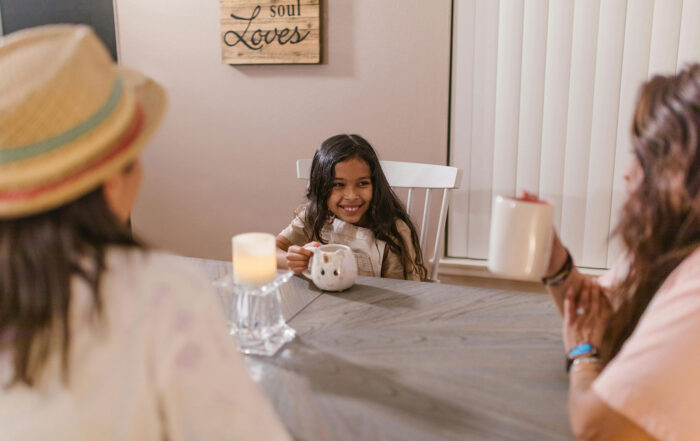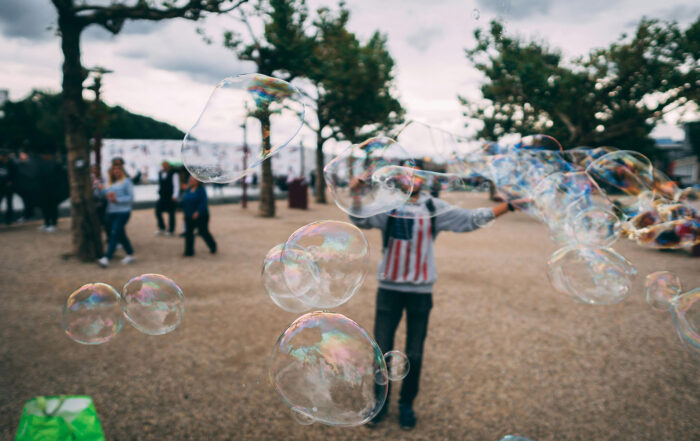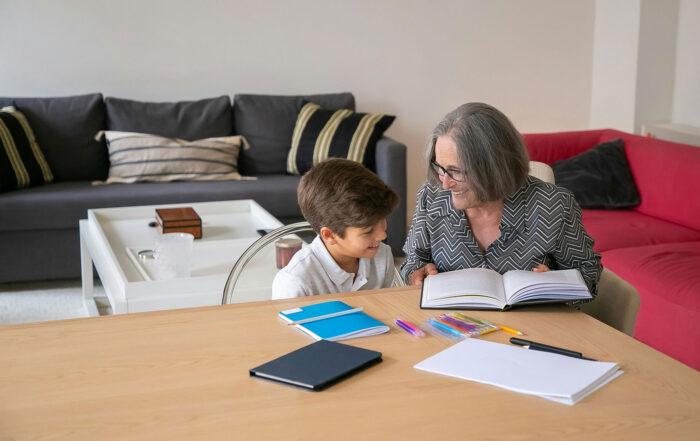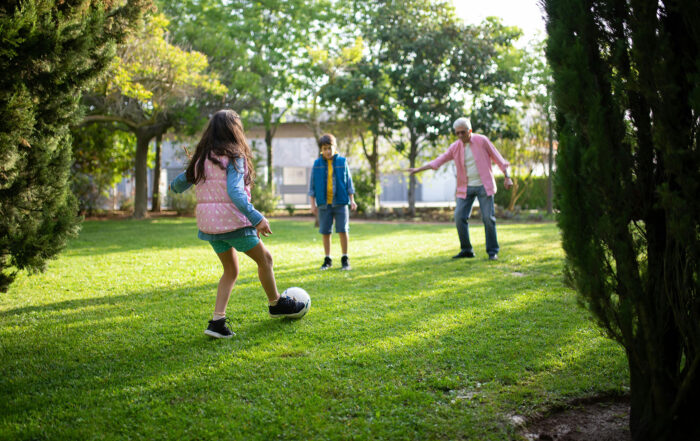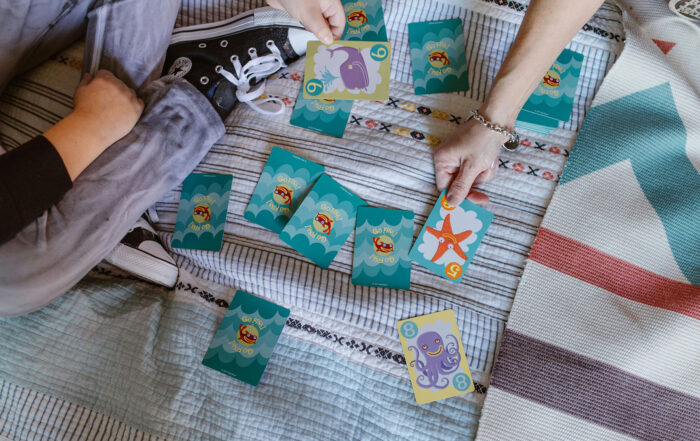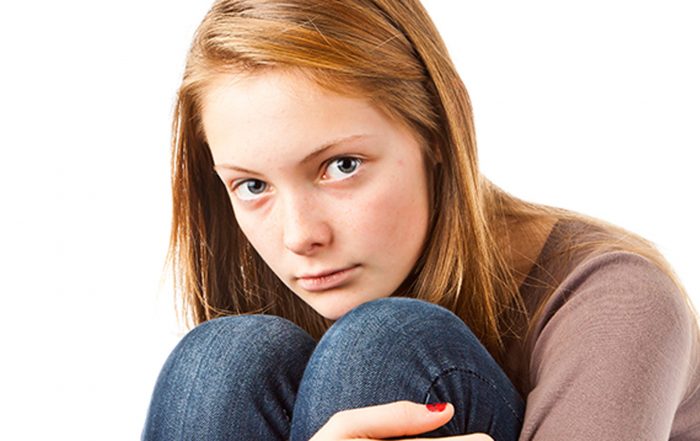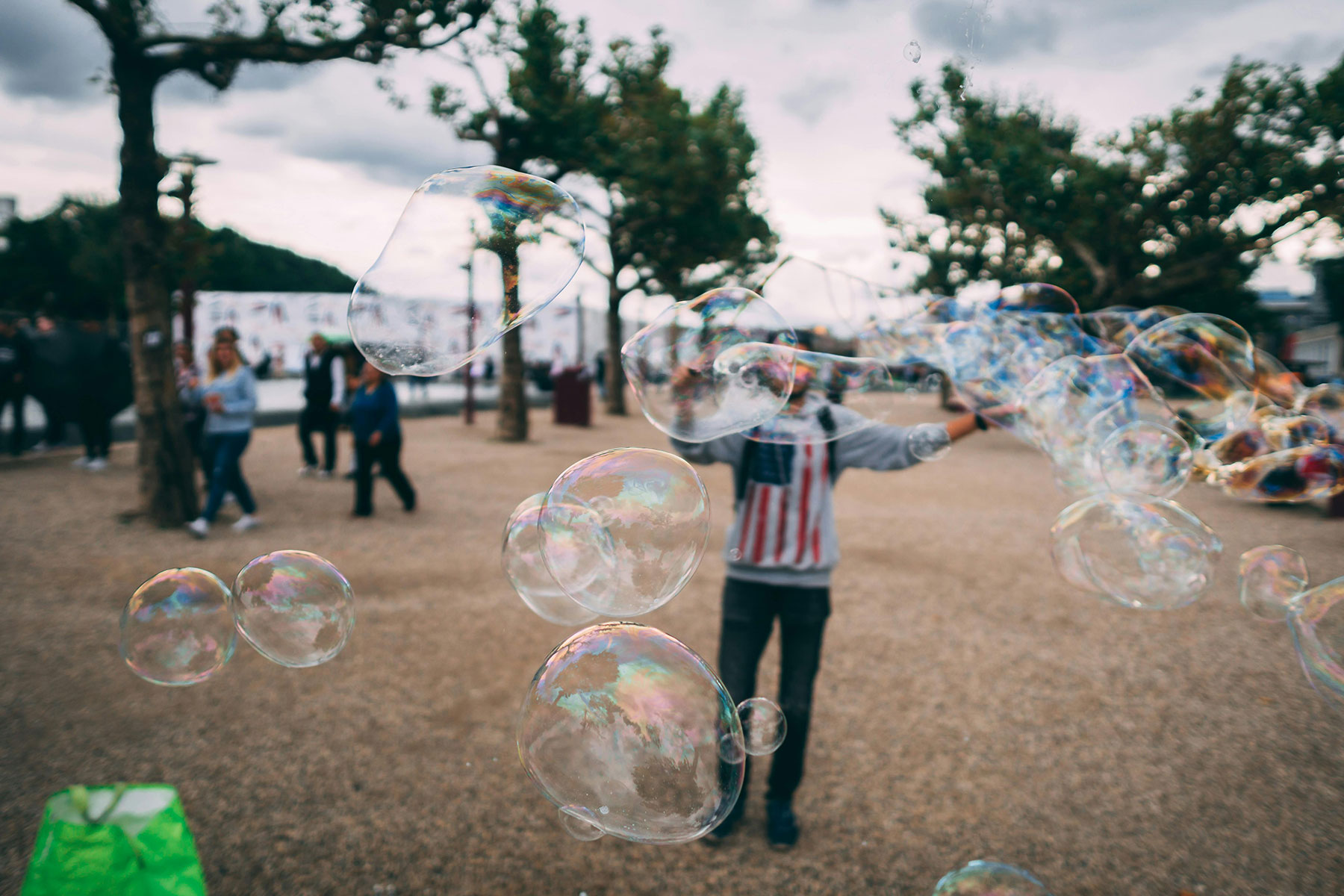
By Elizabeth Hartney, PhD
Child abuse is known to repeat itself from generation to generation. Although not universal, the children of people with addictions are at higher risk of all types of abuse, and of developing addictions. The reasons why people who were sexually abused in childhood go on to have abusive relationships in adulthood, either as an abuser or as a victim, are complex and well documented. But is breaking the cycle of child abuse possible? Or does the experience of child abuse mean that abusive relationships are inevitable?
Absolutely not. By following these tips, you can stop the cycle of abuse and learn to have strong, nurturing relationships with your own children.
Share This Post!
Coronavirus is giving rise to another tragic issue. Child abuse.
By Chester Street Foundation Coronavirus is giving rise to another tragic issue. Child abuse. Hospitals in Texas have reported seeing an increase in child abuse cases, which they believe is driven [...]
Breaking the Cycle of Child Abuse
By Elizabeth Hartney, PhD Child abuse is known to repeat itself from generation to generation. Although not universal, the children of people with addictions are at higher risk of all types of abuse, [...]
Four Ways Teachers Can Show They Care
By VICKI ZAKRZEWSKI If I asked you to tell me what you remembered most about your favorite teacher growing up, I bet you wouldn’t say much about the subject matter. Instead, I’d expect [...]
CDC: Childhood Trauma Tied to Poor Health
By Gaby Galvin PEOPLE WHO EXPERIENCED trauma as children are more likely to suffer severe health consequences later in life, a new federal analysis shows. Adverse childhood experiences, or ACEs, refer to potentially [...]
School exclusions are on the up – but training teachers in trauma could help
By The Conversation After years of decline, school exclusions are on the rise again, according to official figures for the Department for Education. The Timpson review, carried out by former children’s minister [...]
How Trauma Affects Kids in School
By Caroline Miller We tend to think of trauma as the result of a frightening and upsetting event. But many children experience trauma through ongoing exposure, throughout their early development, to [...]


